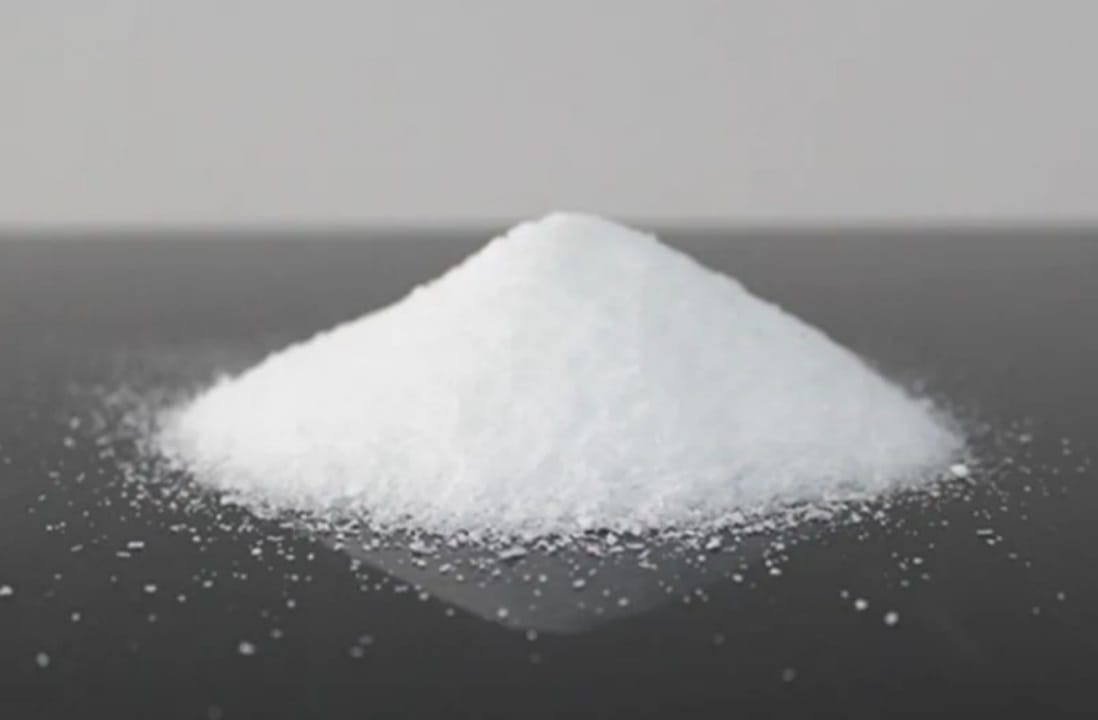
The Emergency Medicine Department at the Northern Campus of Zhengzhou People’s Hospital recently treated a foreign national who had suffered from chemical poisoning.
Emergency responders arrived promptly and found the patient in distress. They conducted an electrocardiogram and monitored the patient’s vital signs while establishing an intravenous line to stabilize their condition.
Once the patient was brought to the hospital, Feng Yacong, the head nurse of the emergency department, used translation software to communicate with the patient, working diligently to identify the source of the poisoning. After multiple discussions, it was revealed that the patient had mistakenly added an unknown white powder to a vegetable salad, believing it to be sugar. Approximately 30 minutes after consuming the salad, the patient began to feel nauseated and experienced stomach pain.
The medical team initially suspected that the substance could either be borax or sodium nitrite. Upon further investigation of the white powder’s physical characteristics, it was confirmed to be borax. The doctors immediately performed gastric lavage and administered medication to protect the stomach. Thanks to the prompt and effective treatment, the patient has since recovered and been discharged from the hospital.
What is Borax?
Borax is a toxic chemical compound that, while sometimes used in medical treatments, is strictly forbidden in food products. Its similarity in appearance to salt or sugar makes it easy to confuse, which can lead to accidental ingestion. As little as one gram of borax can lead to poisoning, and 15 grams may be fatal. It’s crucial for people who have borax at home to store it properly, away from food items like salt or sugar, to prevent accidents of this nature.
